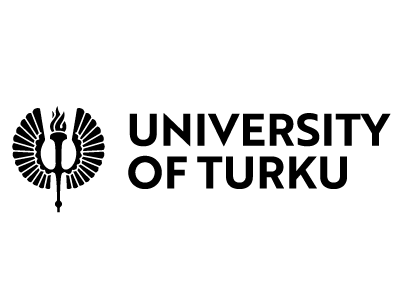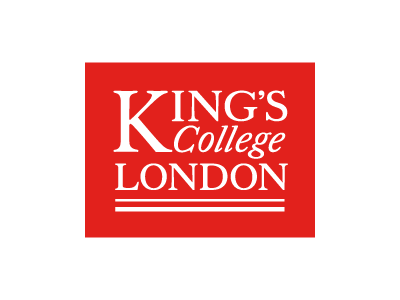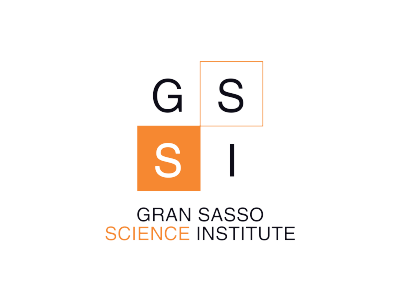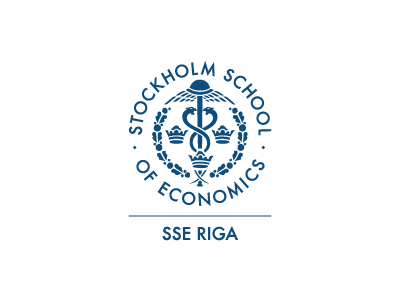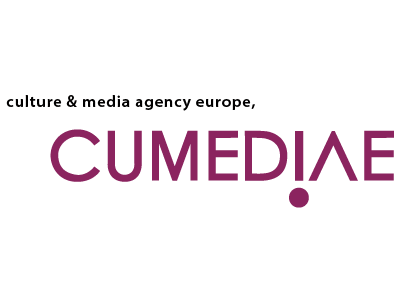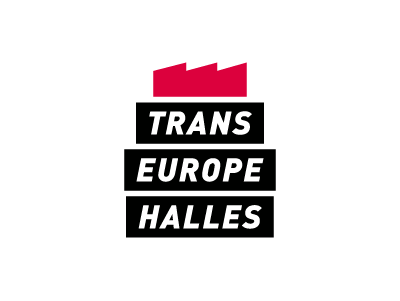CONSORTIUM
The DISCE Consortium puts together academic and stakeholder partners with a variety of complementary skills and competencies, joining their knowledge to tackle challenges of the Cultural and Creative sector from different points of view.
The Consortium is working closely for three years to provide new science-based evidence and policy options to support the development of Cultural and Creative Industries in Europe.
The University of Turku (UTU), Finland’s second largest multidisciplinary university, is an internationally competitive research-led university whose operation is based on high-level research. The Entrepreneurship Team working in the Department of Management and Entrepreneurship within the Turku School of Economics of the UTU is oriented towards creating high-class academic research in collaboration with research partners, stakeholders and policy-makers. The team conducts research on entrepreneurship, innovation, business models and different forms of employment at the boundaries of waged work and entrepreneurship/self-employment. The entrepreneurship team is recognised internationally as an active, productive and high-quality entrepreneurship research unit and graded as excellent in Research Assessment Exercise in 2016 of the UTU.
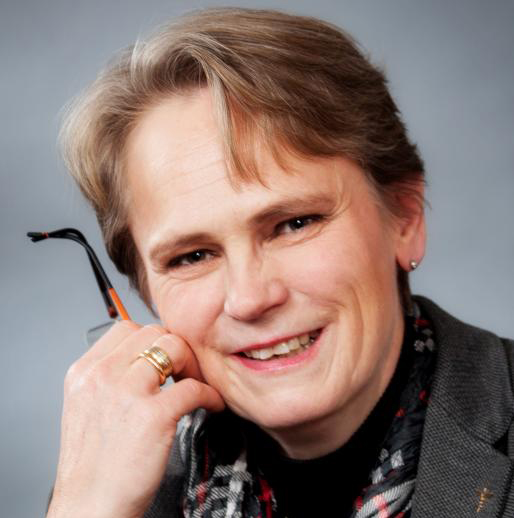
Jarna Heinonen
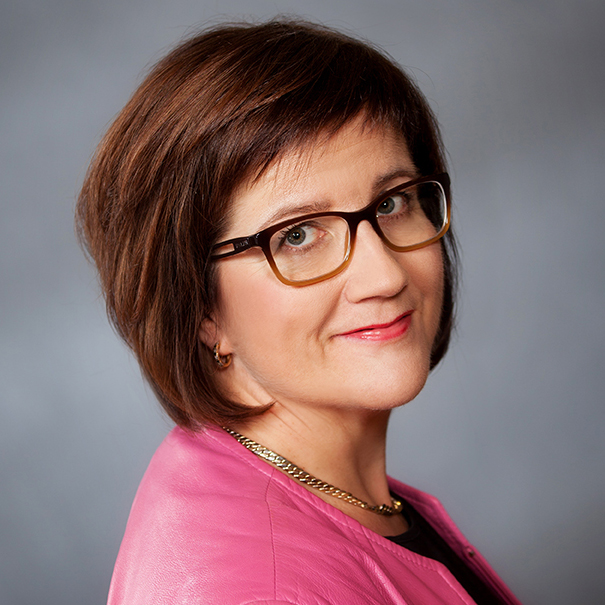
Ulla Hytti
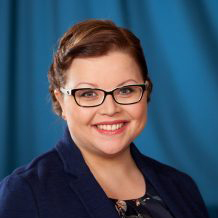
Elisa Akola

Kaisa Hytönen

Tommi Pukkinen

Jaakko Suominen
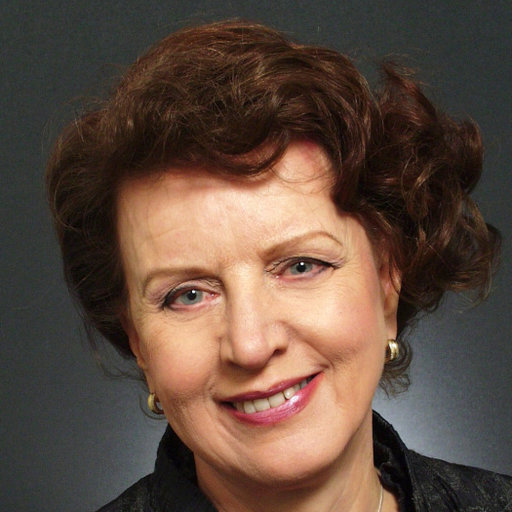
Arja Lemmetyinen
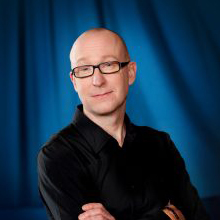
Pekka Stenholm
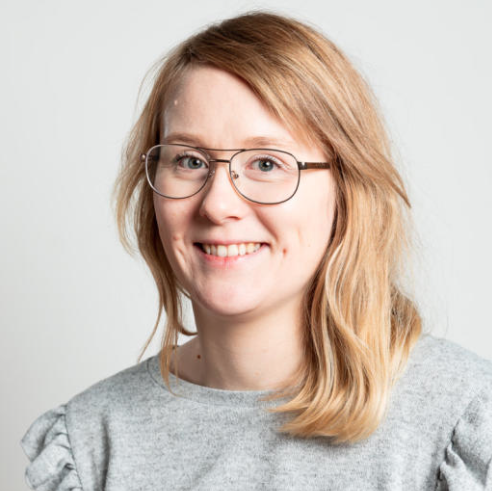
Lilli Sihvonen
King’s College London (KCL) is one of the top 25 universities in the world (2016-17 QS international world rankings) and the fourth oldest university in England. It is a research-led institution based in London. The Department of Culture, Media & Creative Industries (CMCI) is a unique centre that examines the intersection of the cultural and socioeconomic spheres and their histories, peoples and practices in a coordinated fashion, or that provides on a broad basis the kinds of knowledge that might facilitate careers in these industries. The strength of the Department’s research was recognised in the 2014 Research Excellence Framework where the Department was ranked first in the UK for research power.
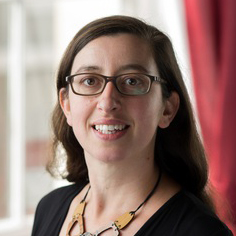
Roberta Comunian
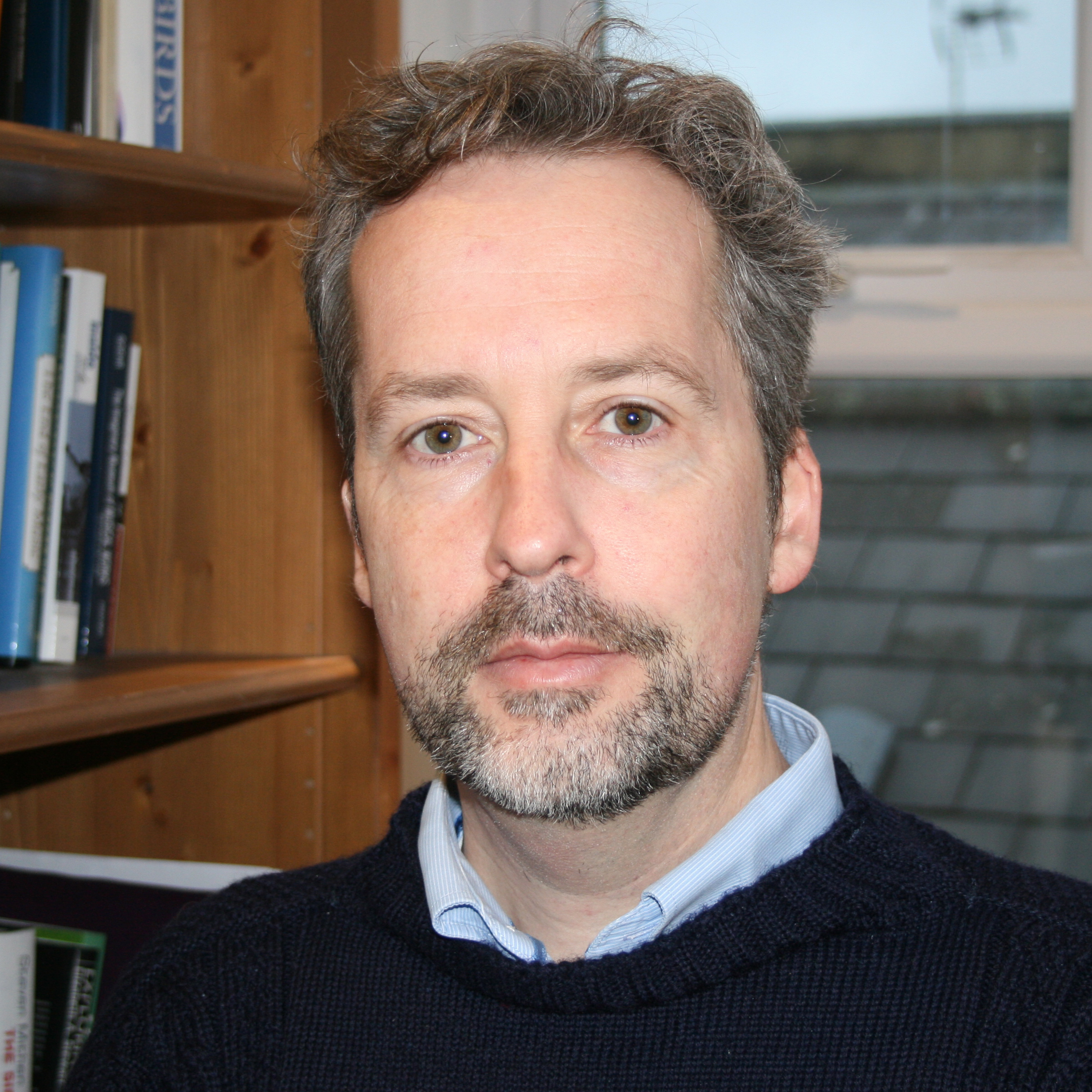
Nick Wilson
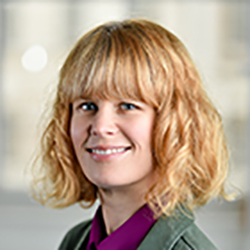
Bridget Conor
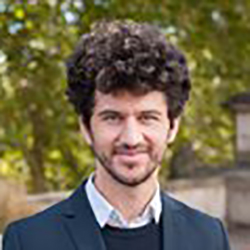
Jonathan Gross
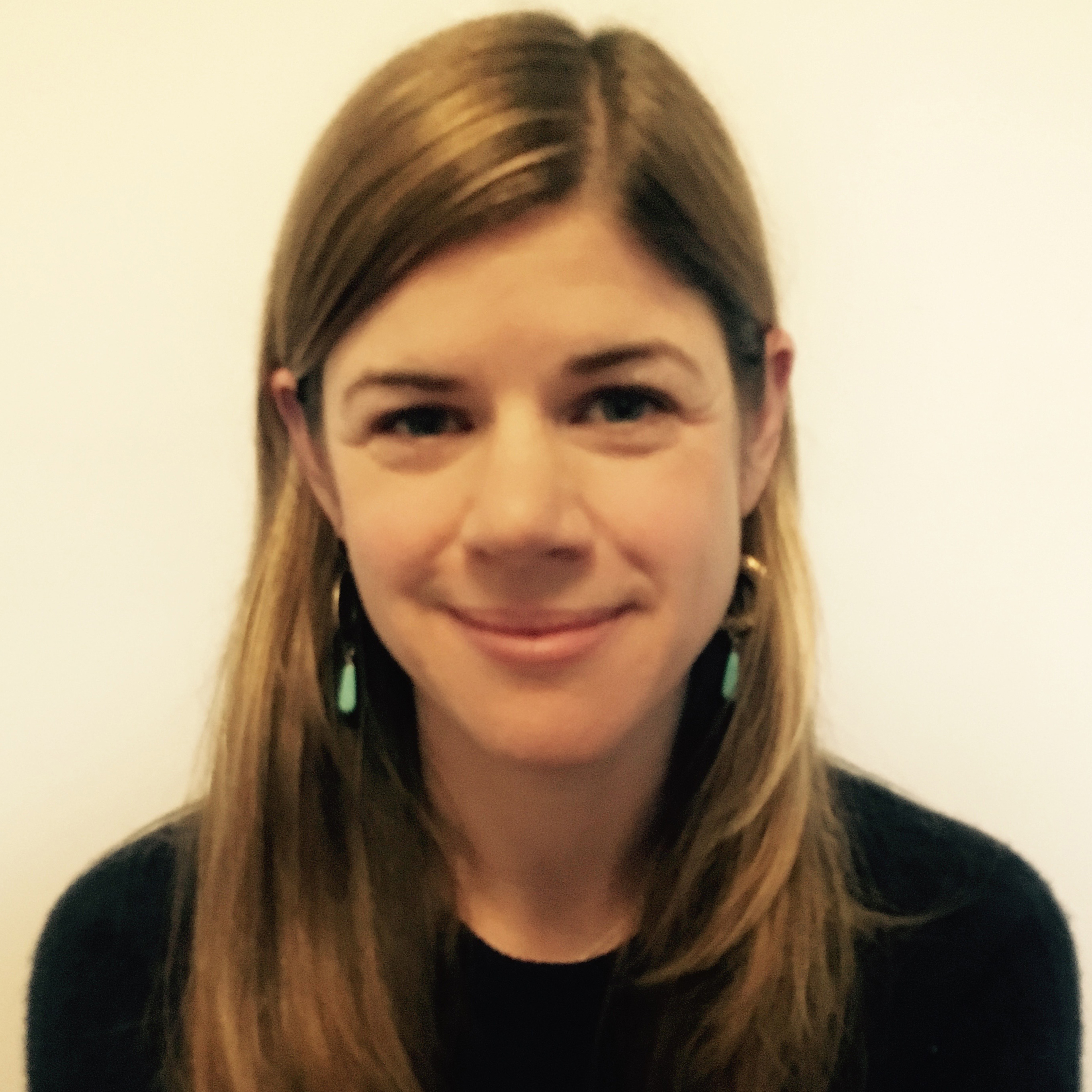
Tamsyn Dent
The Gran Sasso Science Institute (GSSI) is an international doctoral school and a research centre in Social Sciences, Physics, Mathematics and Computer Science. Professors, researchers and PhD students from all scientific backgrounds are selected internationally, following international standards in line with the best research centres and graduate schools worldwide. In addressing the complexity of today’s world, the Institute is committed to removing all barriers between the GSSI areas of study and research, by pursuing interdisciplinarity and cross-fertilisation. The GSSI is a project supported by the OECD.
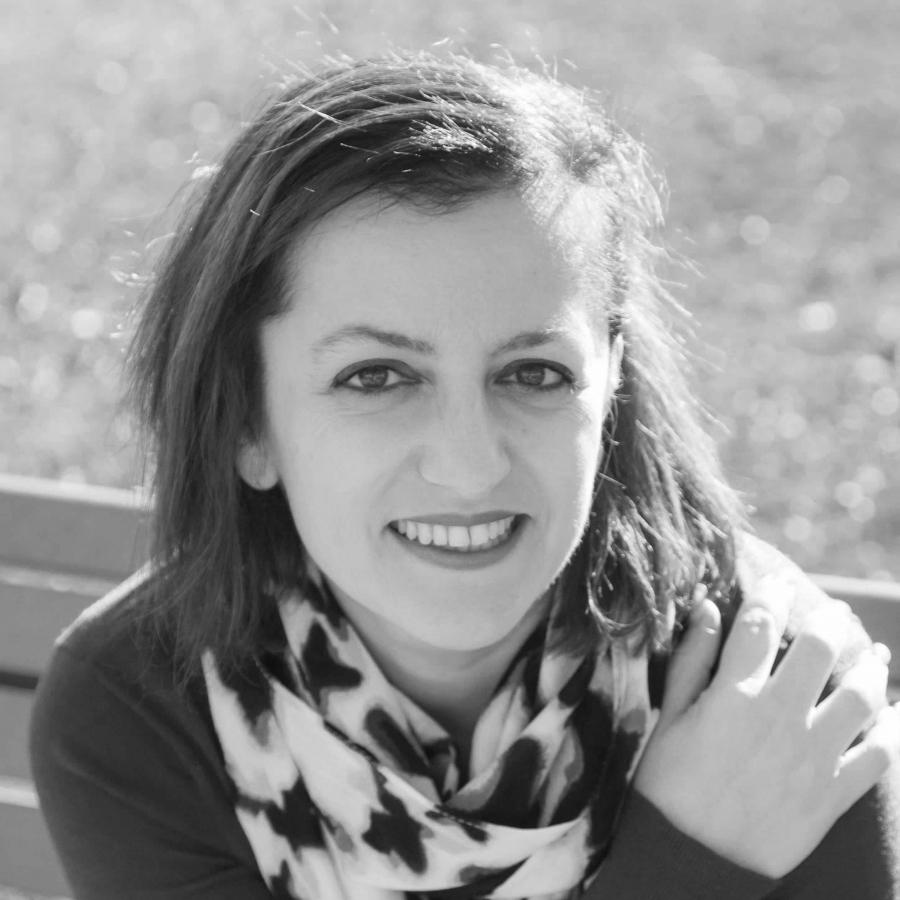
Alessandra Faggian
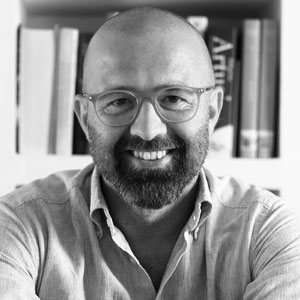
Alessandro Crociata
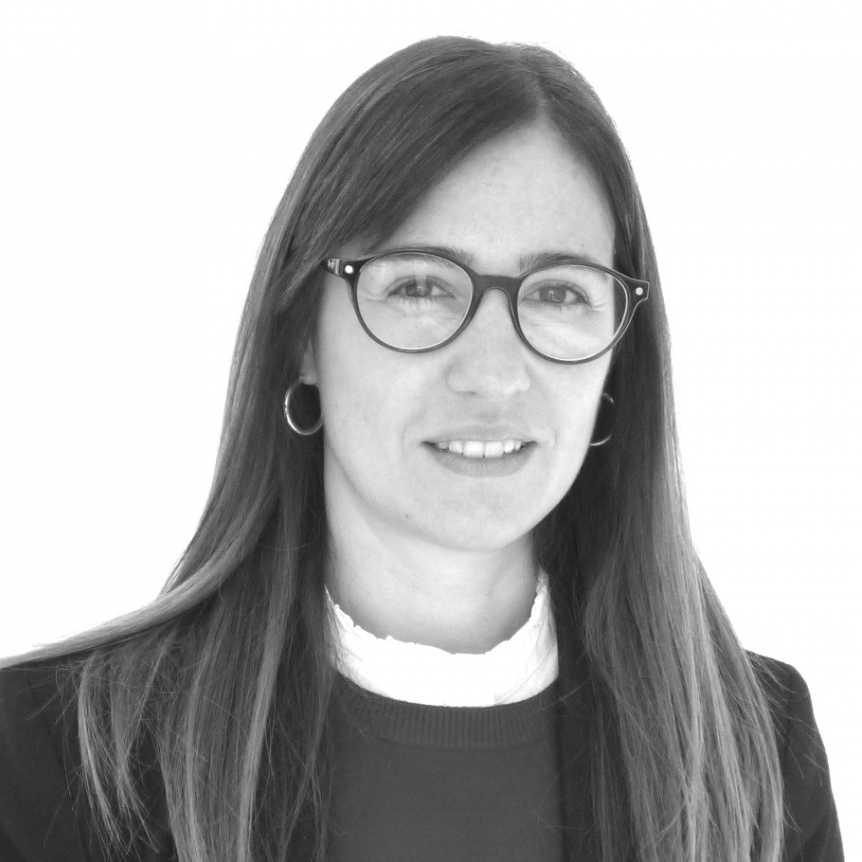
Maria Giovanna Brandano
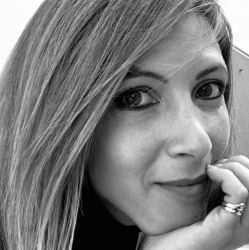
Giulia Urso
Stockholm School of Economics in Riga (SSE) is a comparatively small school with a dynamic international learning environment where the majority of the courses are based on the case study method. According to the Financial Times Ranking of Top European Business School in 2017, SSE Riga as part of Stockholm School of Economics (SSE) group is the No. 1 business school in the Baltic/Nordic region. The School is ranked together with its ‘mother’, the Stockholm School of Economics, and its ‘sister’, the Stockholm School of Economics in Russia. SSE’s position in the Euro ranking in 2017 was 27th out of 95 European schools.
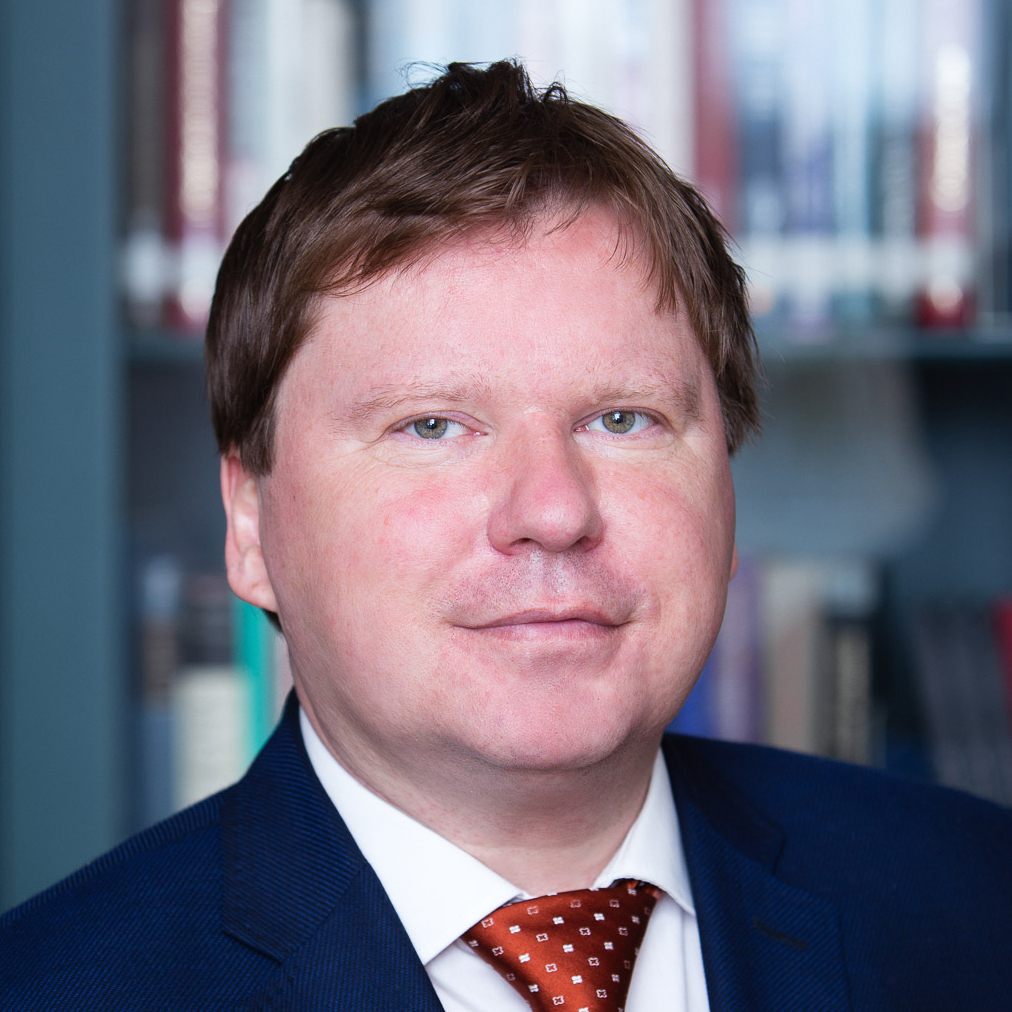
Arnis Sauka
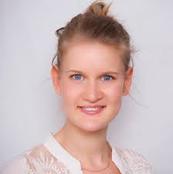
Kata Fredheim
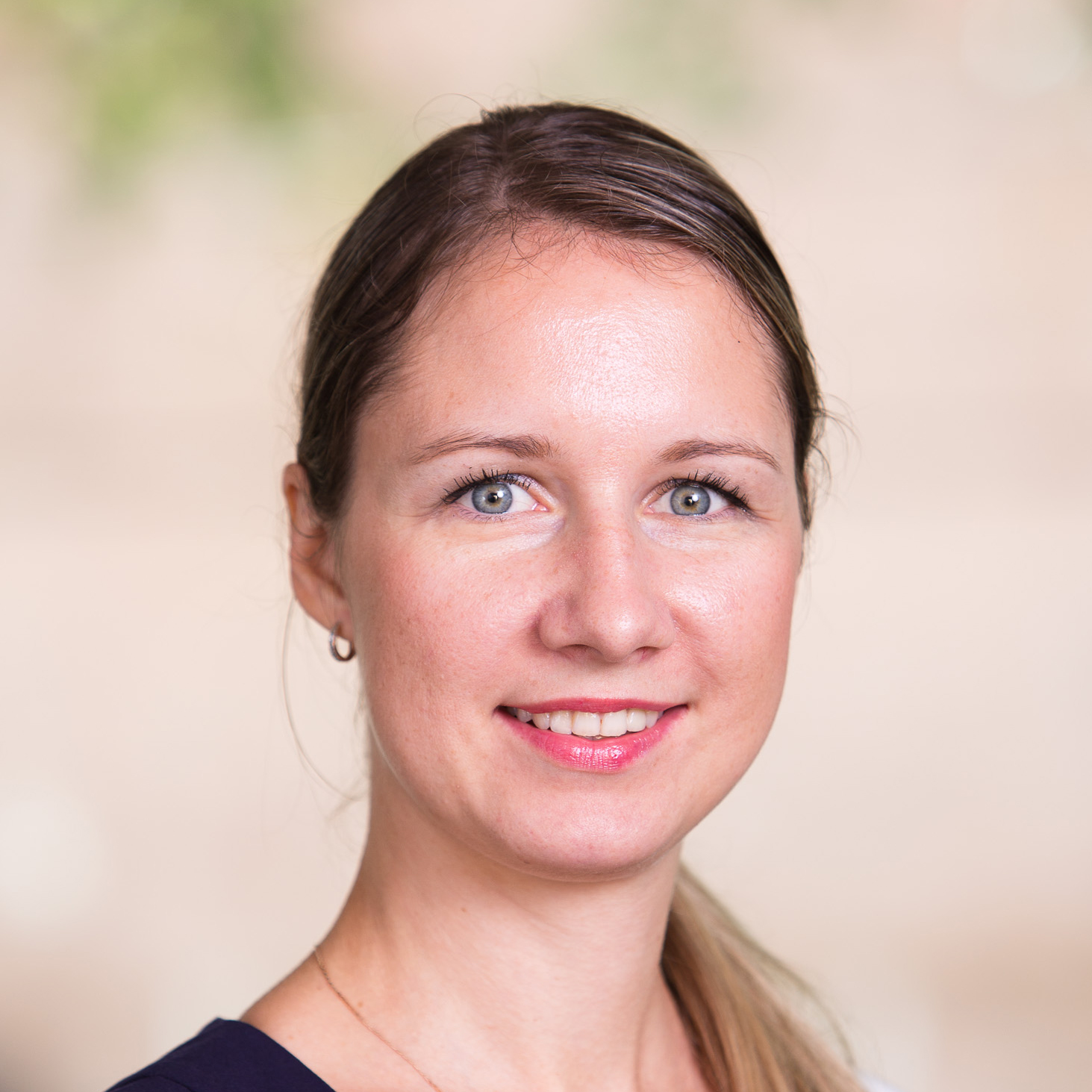
Inga Gleizdāne
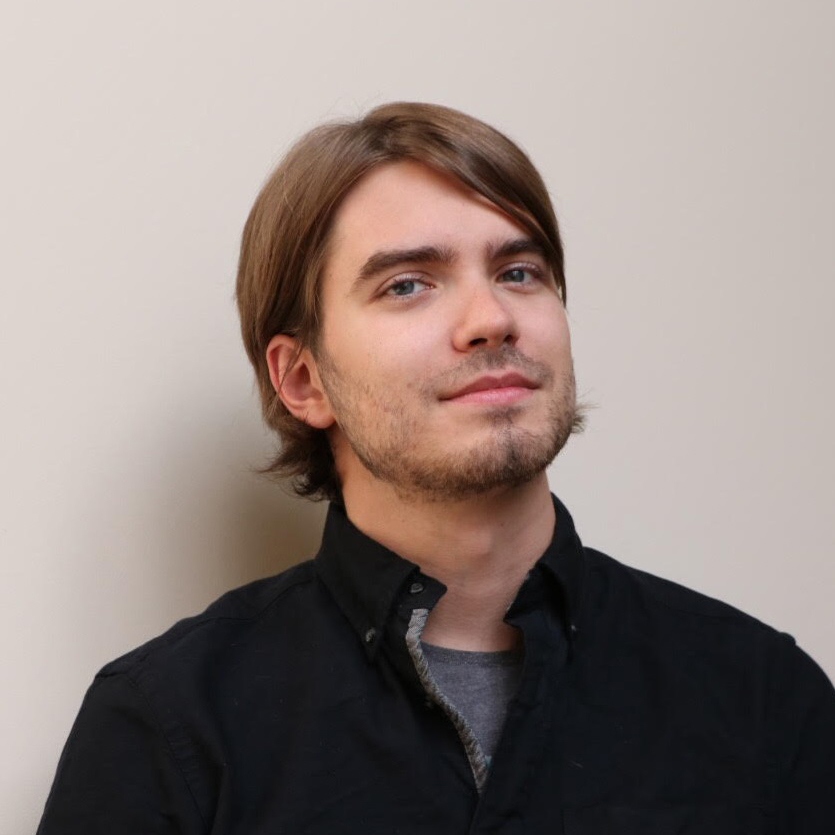
Dmitrijs Kravcenko
CUMEDIAE, acronym for Culture & Media Agency Europe aisbl, is a Brussels based international non-profit agency providing consultancy services in the field of CCIs European wide. It was founded under the direct influence of the UNESCO 2005 Convention on Cultural diversity objectives and guiding principles. The structure was founded by a group of European professionals with long experience in the field of cultural management and cultural policy. CUMEDIAE’s activities have a common denominator: promoting support to international activities and communication in the creative sector, and connecting professionals and organisations engaged in the CCIs (in its management as well as in policy).
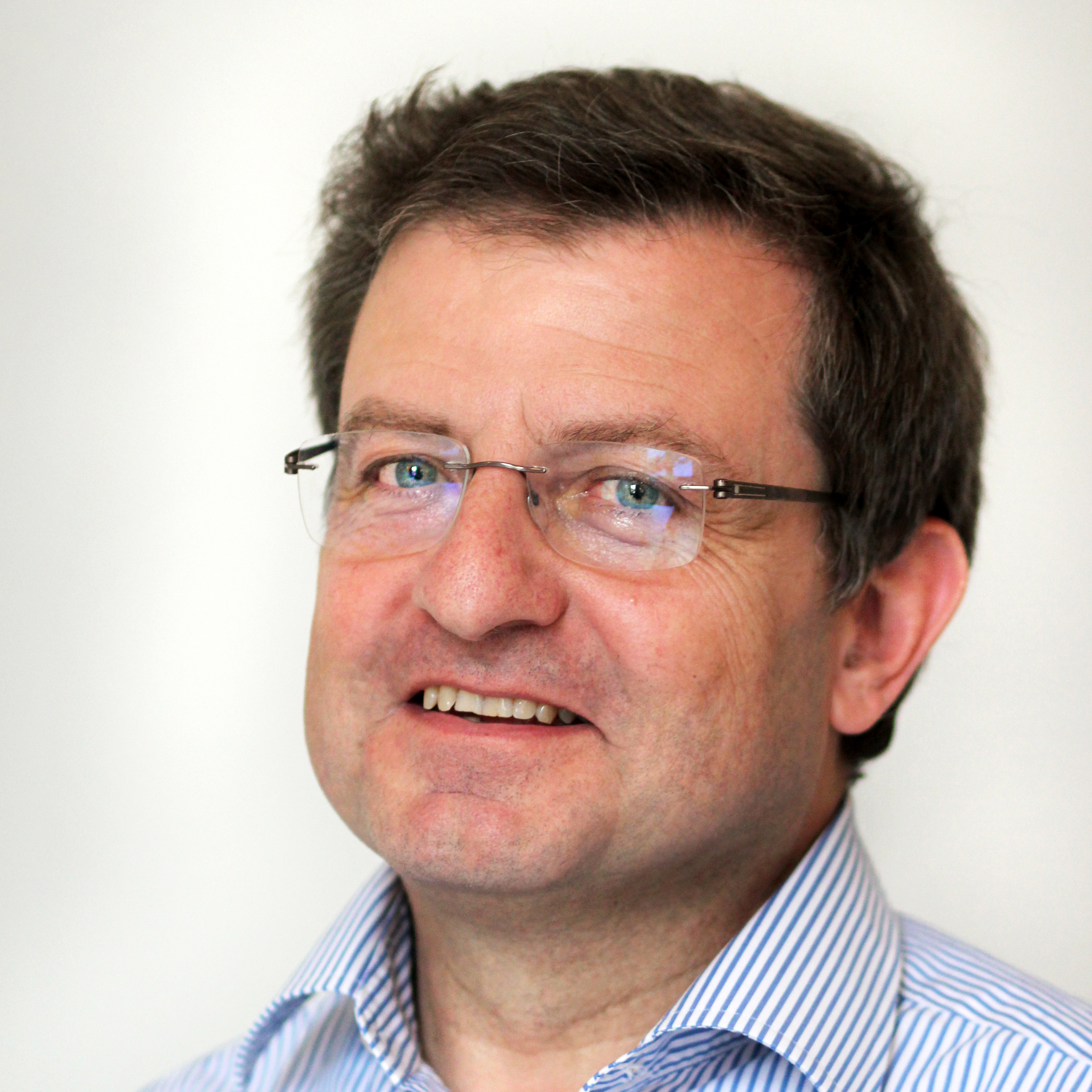
Ignasi Guardans

Stefanie Thomas
Trans Europe Halles (TEH) is a Europe-based network of cultural centres initiated by citizens and artists that has been at the forefront of re-purposing Europe’s industrial buildings for arts, culture and activism since 1983. The mission is to strengthen the sustainable development of non-governmental cultural spaces and encourage new initiatives by connecting, supporting and promoting them. The vision is to connect all players who are engaged in transforming spaces into cultural centres to the benefit of their communities, cities and regions.
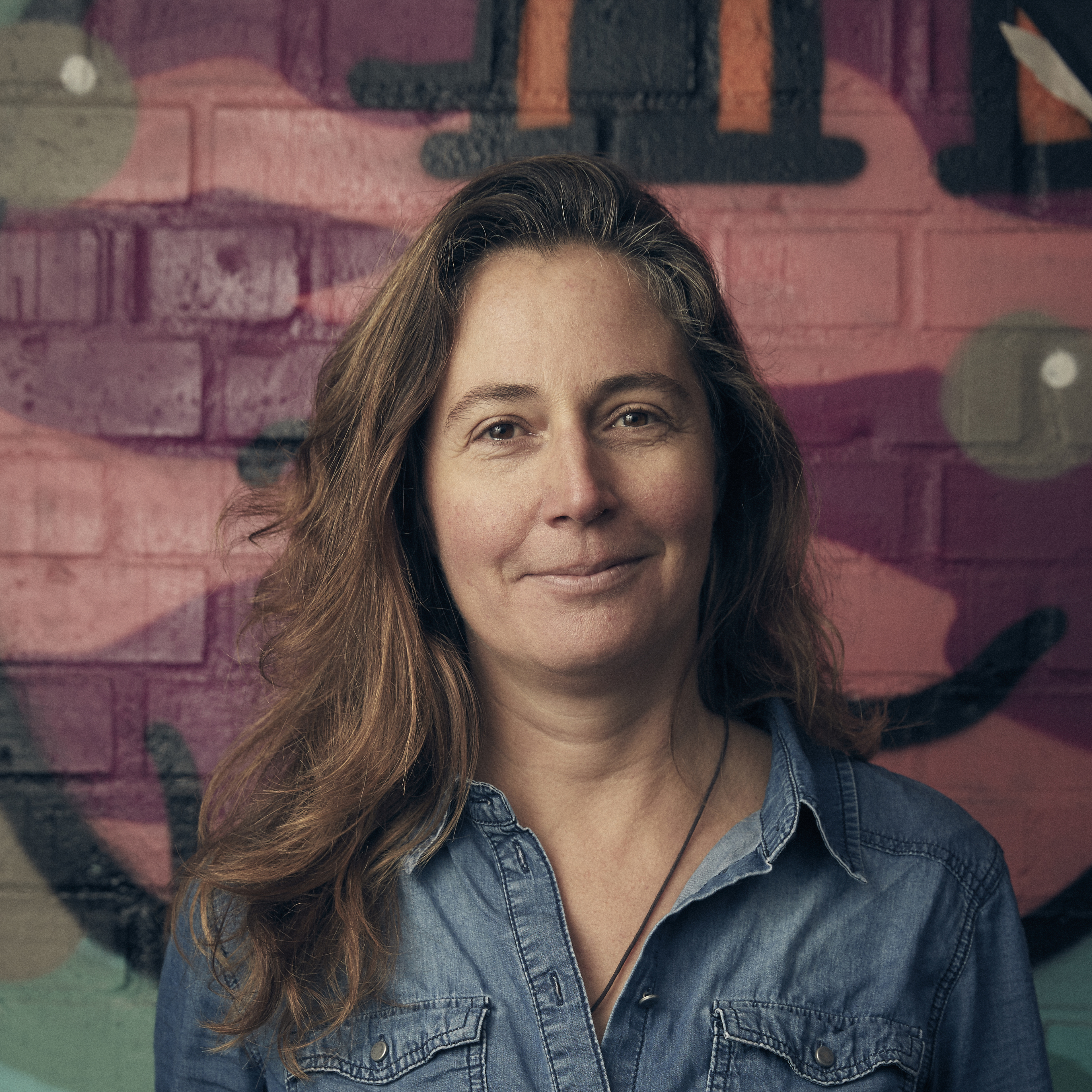
Mieke Renders
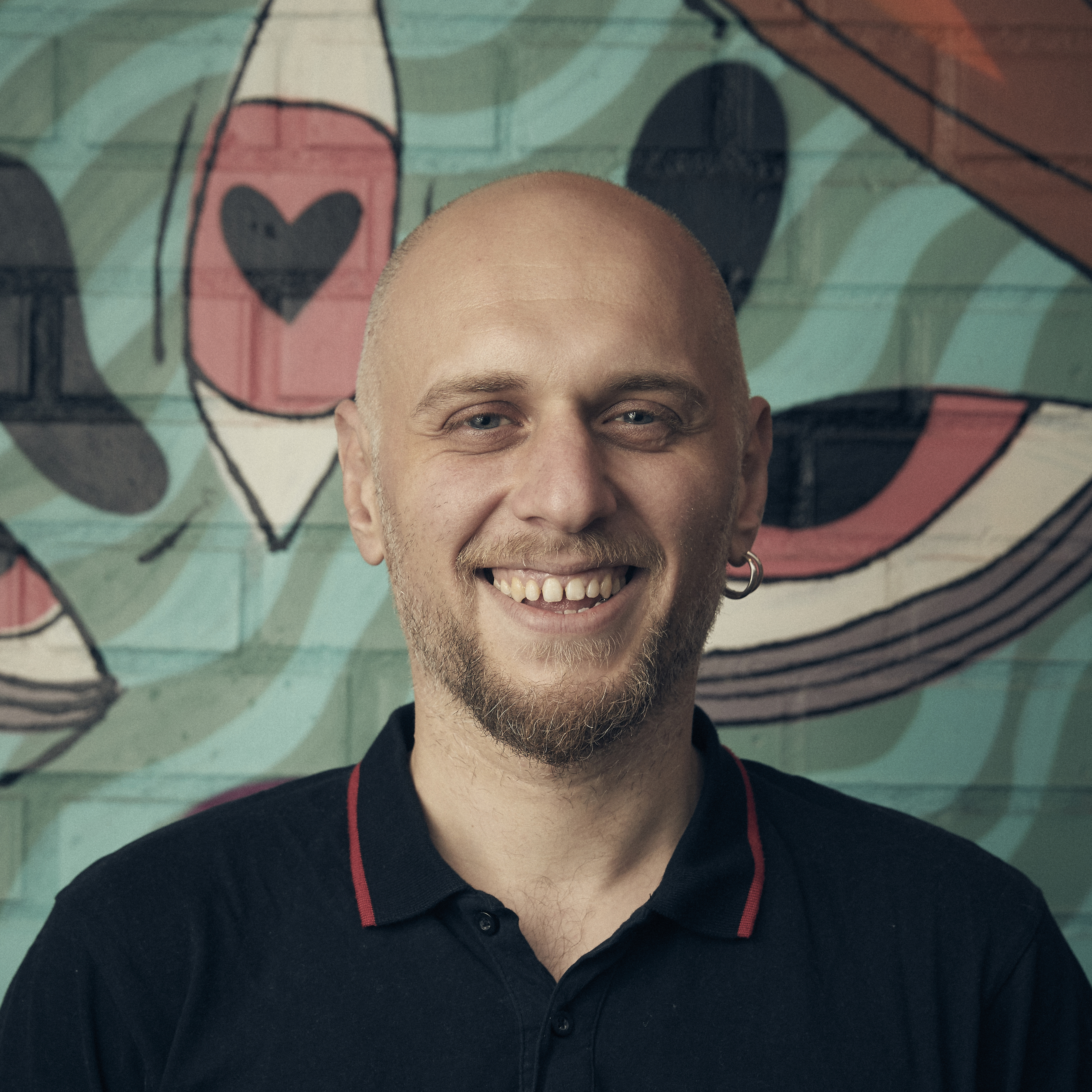
Burak Sayin
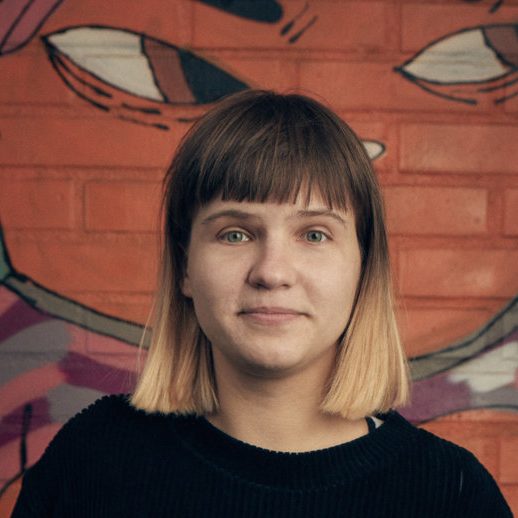
Olga Rudak

Lisa Hartmann
ADVISORY BOARD
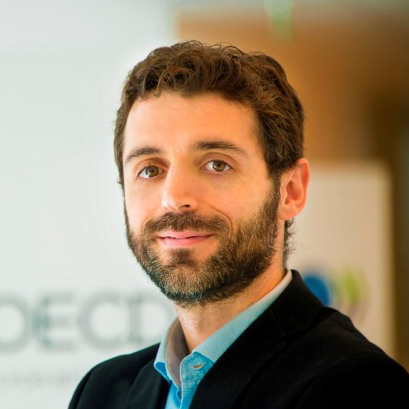
Dr. Paolo Veneri
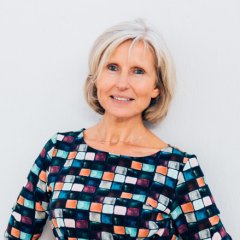
Dr. Annick Schramme
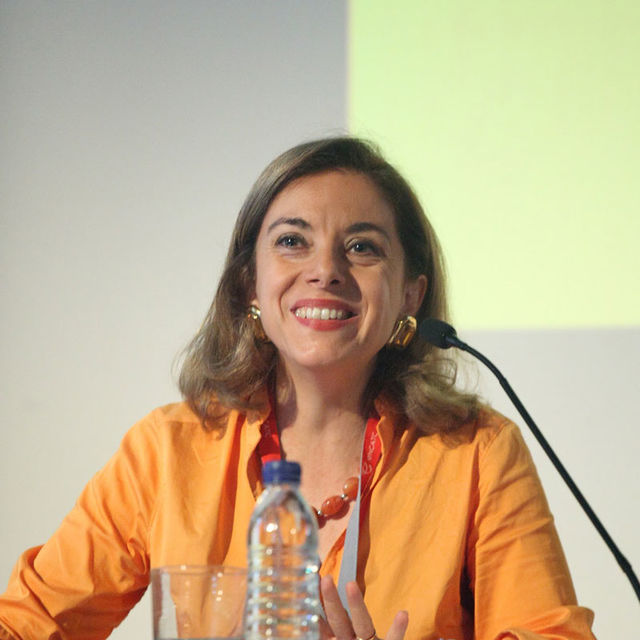
Giannalia Cogliandro Beyens
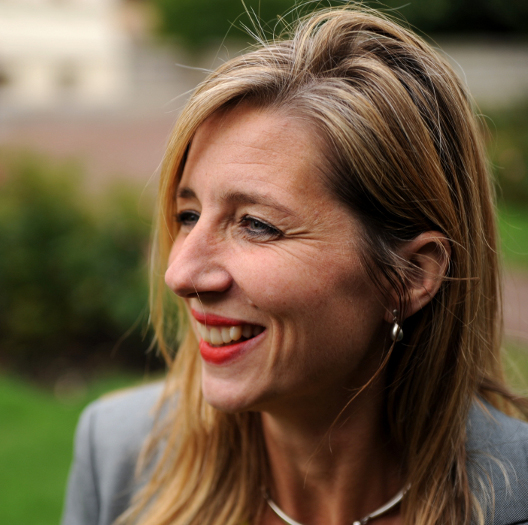
Annette Hill

Jarna Heinonen


